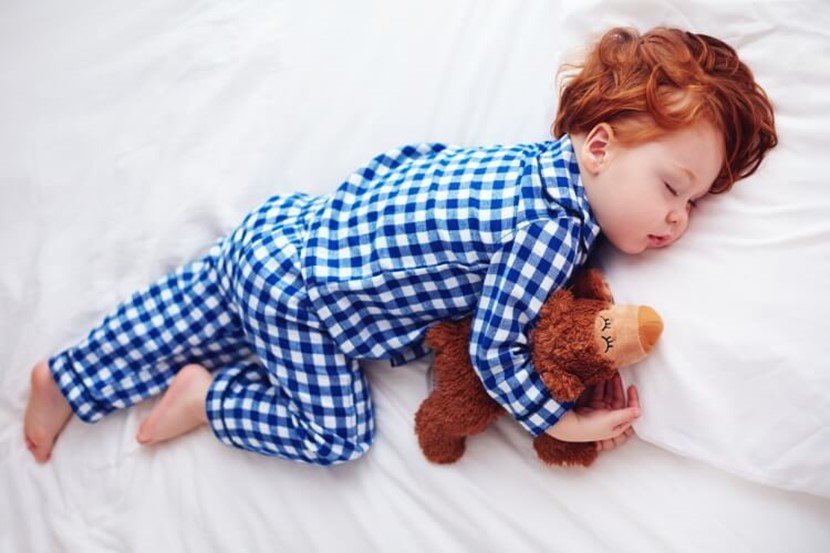Helping your little ones adjust to daylight saving

Newborn babies are usually not affected by the start or finish of Daylight Saving. However older babies and toddlers can be affected for a week or two and you may have an overtired little one on your hands as a result.
The benefit of routine:
Transition at the start and finish of daylight saving is far easier if your baby is in a routine. You can make gradual changes to their routine, and the transition will be much easier.
If your baby or toddler isn't in a routine, there is still time to get organized. At the very least have a consistent bedtime for the next few days, so you can follow the advice below.
Preparation is the key!
Rather than dealing with the effects of daylight savings on Sunday and the following week or two, you can be proactive in resetting your little one's body clock.
Be consistent:
While your little one is getting used to the new time, stick to your usual bedtime rules and behaviours. For example if your toddler usually can go to sleep by himself, avoid lying down with him or letting him sleep in your bed. A week of different bedtime routine while adjusting to Daylight Saving could be long enough to build a new habit, which you then need to deal with.
Suggested bedtime adjustments
Assuming you have a 7pm bedtime:
| Day | Routine During the Day | Bedtime |
| Wednesday | Usual sleep and feed times | 7pm |
| Thursday | Sleep and feed times 15 minutes earlier eg. first feed at 6.45am instead of 7am | 6.45pm |
| Friday | Sleep and feed times 30 minutes earlier eg. first feed at 6.30am instead of 7am | 6.30pm |
| Saturday | Sleep and feed times 45 minutes earlier eg. first feed at 6.15am instead of 7am | 6.15pm |
| Sunday | Wake your child at 7am (new time) then back to your usual times for sleeps and feeds | 7pm (new time) |
Change your clocks on Saturday evening before you go to bed.
Remember to check your smoke alarms at the same time.
After the start of Daylight Saving Time:
If you are reading this after the start of daylight saving, you can still help your little one reset their body clock.
If their usual bedtime is 7pm, they will now actually be going to bed at 8pm. If your child is struggling to go to sleep at 7pm, put them to bed tonight at 7.45pm. Tomorrow night put them to bed at 7.30pm, and the following night at 7.15pm. From then on they should have adjusted to bedtime at the new daylight savings 7pm.
Going to bed when it's light
This can be a problem with toddlers and older children, who may argue that it's still light outside, and therefore not bedtime. The lighter evenings may also temporarily affect some babies if they are sensitive to sleeping in the light.
You may want to attach an extra layer to your curtains or stick something over their windows for a week or so, until their body clock adjusts and they feel like going to bed at the new time. One of our customers recommends black corflute as the best for keeping out unwanted light (try your local sign-writer for off-cuts).
Our thanks to Louise Tanguay from The Sleep Store for this article.


